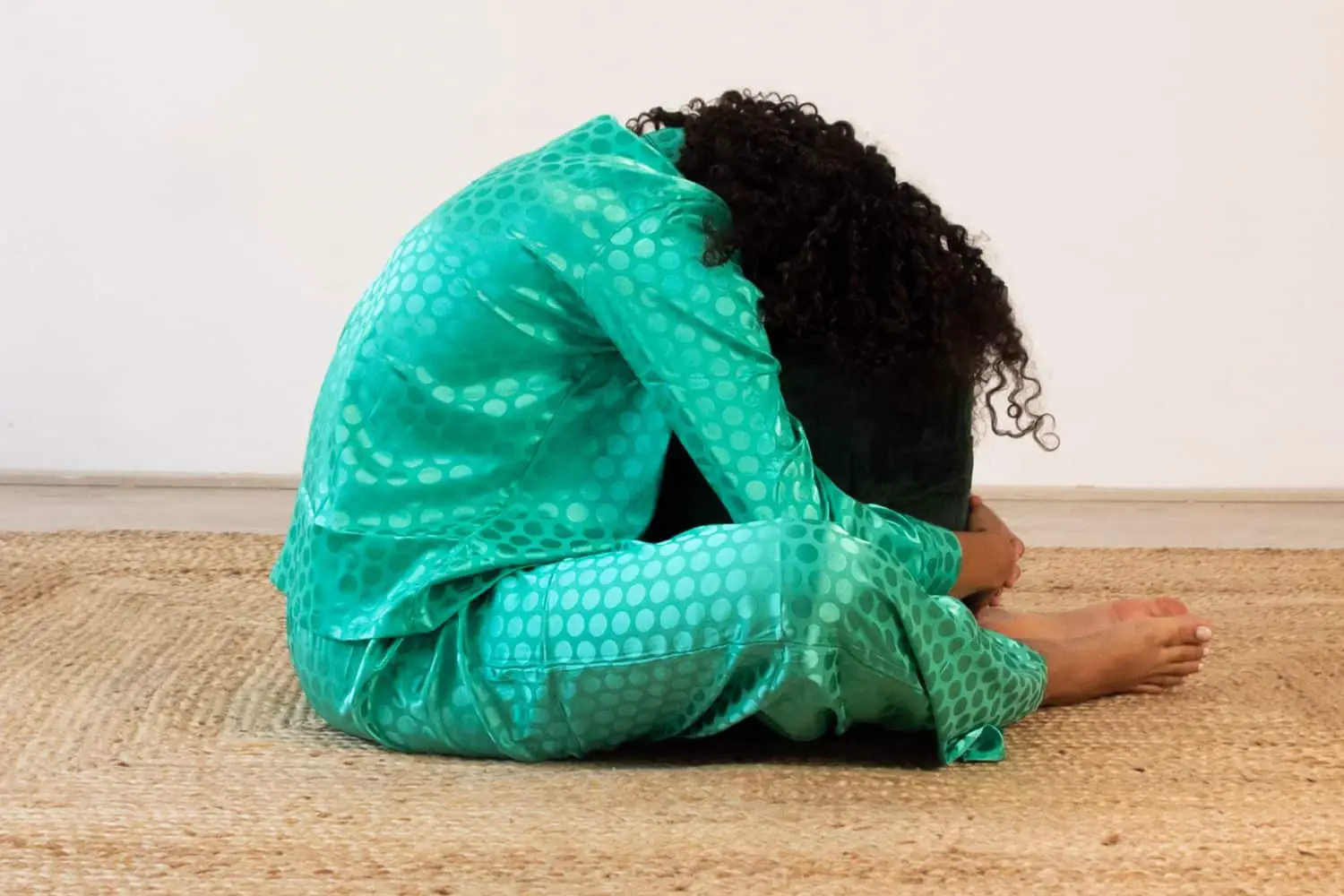8 Signs You Have Unresolved Trauma
In this article, we will explore signs of unresolved trauma
Whether it’s due to a negative experience as a child or an adult, unresolved trauma can wreak havoc on your physical and mental health.
Unresolved trauma can manifest in many ways, but it usually displays itself in unhealthy coping behaviors. If you’re concerned that you or someone you know may be suffering from unresolved trauma, these signs can help you determine the level of damage so you can get to the root of the problem and move forward with your life.
Counseling is a great way to deal with unresolved trauma.
Note: This post may contain affiliate links, which means if you buy from my link I might make a small commission. This does not affect the price you pay. See the full affiliate disclosure here.
1) Nightmares
Nightmares often stem from unresolved trauma. They can be a significant warning sign that the person needs help. They involve losing control, feeling powerless, and seeing frightening images among others.
For some people, nightmares are their only experience of remembering a traumatic event. sometimes the nightmares go away by themselves. But, if you experience them for more than six months, it is wise to see a therapist.
2) Phobias
A phobia is an irrational and persistent fear that can be difficult to control. It’s a mental disorder, but it’s also the body’s natural defense mechanism to keep you safe.
When something traumatic happens, it can trigger a physical response in your brain. This makes you want to avoid anything that could cause you harm.
The most common phobias are arachnophobia, fear of heights, and claustrophobia. One way to conquer phobias is to expose yourself to the object or situation you’re afraid of. You do this while being mindful of any anxiety-related thoughts. Medication may help decrease symptoms and promote recovery if this doesn’t work.
3) Reoccurring thoughts or feelings
When you can’t stop thinking about past events, it could be trauma. The event that triggered the trauma replays in your mind. While human beings have memory, reoccurring thoughts of past events could be trauma.
This can make it hard for you to focus on anything else. You also avoid people or places that remind you of the events that led to the trauma.
4) Panic attacks
Panic attacks are one of the most common symptoms that people with unresolved trauma experience. During a panic attack, your body goes into fight or flight mode and your heart rate increases, your breathing gets faster and shallower, and your blood pressure rises.
This can lead to lightheadedness and an increased risk of fainting. Panic attacks can last anywhere from 30 seconds to 20 minutes. They often happen in clusters and can make it difficult to do regular tasks.
5) Substance abuse
Unresolved trauma can lead to substance abuse, which is an unhealthy coping mechanism. Many people get into drugs and substance abuse to deal with their pain.
If you are experiencing a traumatic event in your life, it’s important to get help from a therapist. If you cannot get into therapy, join a support group to process the event and heal.
6) You have difficulty regulating your emotions.
It’s difficult to feel a sense of peace and stability in your own life when you have unresolved trauma.
You begin to have mood swings, sometimes you are happy other times you are sad. Or, you may begin to experience emotions you never experienced before the trauma.
This affects your productivity and your relationships with other people.
7) You have a hard time trusting people.
When you have unresolved trauma, it can be difficult for you to trust people. You believe that people only care about themselves and their own needs only. You even doubt any acts of kindness towards you.
This can make it hard for you to form close relationships with others. Nobody likes to be in a position where their every action is questioned. While trusting too much is not recommended, having no trust is a turn-off for many people.
8) You have difficulty focusing or staying on tasks.
Unresolved trauma makes it hard for one to concentrate on tasks. If you feel like your concentration is all over the place, you could be dealing with trauma.
Trauma makes you feel detached from situations making it hard for you to give it all your attention. One way to deal with this is to practice discipline. This is when you do what you have to do, even when you do not feel like doing it.
Conclusion
If you have read the entire article and realized that you may have unresolved trauma, remember you can always beat it. However, this is not going to be easy. Healing your traumas will probably be the most difficult thing you will ever have to do.
You will have to be intentional with your healing process. Do the difficult things, cut off people you need to, and forgive others. This journey is hard, but it is possible.
Also, remember some traumas never really go away, we only learn to incorporate into our daily lives,
I pray you heal and live your best life.







